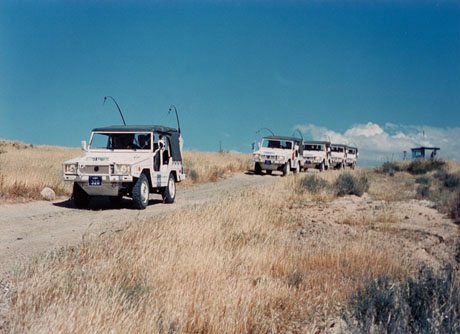Macleans
Cuban Dissidents Lose Hope
EITHER MANUEL Vásquez Portal was an idealist, a romantic hero who fought for freedom and democracy in a country where neither exist. Or he was a fool, for waging a public-opinion battle against a dictatorship where public opinion does not exist either.This article was originally published in Maclean's Magazine on March 21, 2005









